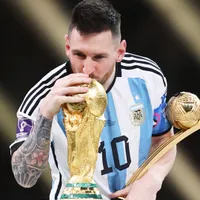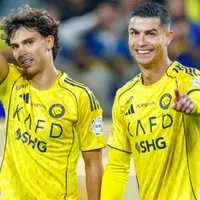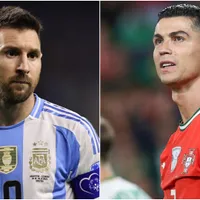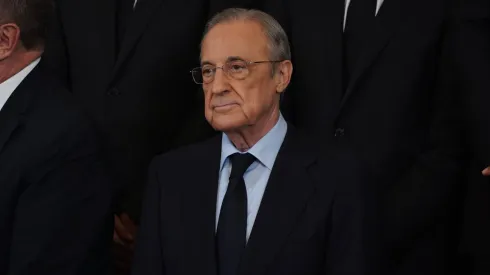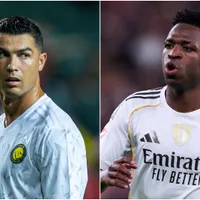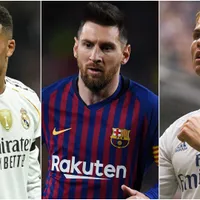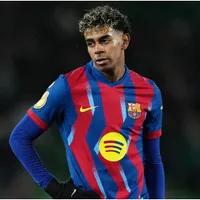Real Madrid have responded to claims Florentino Perez is about to resign.
The Spanish press had reported, and social media had carried the rumors, that the 76-year-old was planning to resign from the Los Blancos presidency at the next General Assembly.
There was even speculation that the club might honor him by renaming their state-of-the-art training facility after him.
The reports caught Real Madrid’s attention, and on Saturday they issued a statement denying such speculation.
“These rumors are totally false and come from factors that are nothing to do with reality. In the next General Assembly of Representative Partners of Real Madrid there will be no item on the agenda in which the name of Real Madrid City is discussed”, they said in a statement.
When did Florentino Perez take over as Real Madrid president for first time?
He previously served as president of Los Blancos from July 2000 to February 2006 and is now serving in his second stint in that role. His promise to acquire Luis Figo from arch-rivals Barcelona before the 2000-01 season was a major factor in his election.
Since becoming Real Madrid‘s president at the beginning of the century, Perez has become almost a household name. He instituted the ‘Galactico’ style of purchasing players.
This saw the club spend large amounts of money to sign high-profile players. Such a move changed the face of the transfer market.
The ‘Galactico’ philosophy of signing a star player per summer became a byword during his first tenure. The likes of Zinedine Zidane, Ronaldo Nazario, David Beckham, Michael Owen, and Robinho are a few such instances.
Second time’s a charm
When no other contender garnered enough support to mount a campaign in May 2009, Perez was reinstated to the presidency.
Bringing in Kaka, Cristiano Ronaldo and Karim Benzema in his first summer set the tone. His second stint was to be a marked improvement.
The club has won four La Liga championships in the last 14 years. To go along with them, they have won a total of five UEFA Champions Leagues, five FIFA Club World Cups, four UEFA Super Cups, four Spanish Super Cups, and three Copa del Rey trophies.
Photo credit: IMAGO / CordonPress

